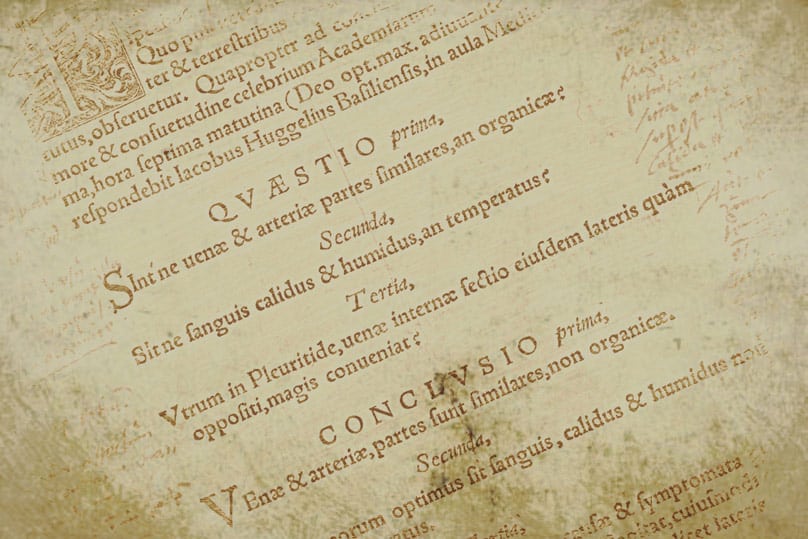
Question: Dear Father, In the early 1960s I was received into the Church while studying in England. At that time the Mass was celebrated in Latin, and I have always enjoyed Mass in this language. When and why did the Church stop celebrating in Latin?
While the Church has never stopped celebrating in Latin, the change to the predominant use of the vernacular came after the Second Vatican Council, which ended in 1965.
I will quote from the documents of the Council and post-conciliar documents to show how this change came about.
The matter of Latin was dealt with in the very first document approved by the Council, the Constitution on the Sacred Liturgy Sacrosanctum Concilium, approved in December 1963.
There we read: “The use of the Latin language, with due respect to particular law is to be preserved in the Latin rites. But since the use of the vernacular, whether in the Mass, the administration of the sacraments, or in other parts of the liturgy, may frequently be of great advantage to the people, a wider use may be made of it, especially in readings, directives and in some prayers and chants.” It is for the competent territorial authority to decide “whether, and to what extent, the vernacular language is to be used” but its decrees have to be approved by the Apostolic See (n. 36).
In a later paragraph the document says that in Masses celebrated with the people the vernacular may be used especially in the readings and the prayer of the faithful and also, “as local conditions may warrant, in those parts which pertain to the people… Nevertheless, care must be taken to ensure that the faithful may also be able to say or sing together in Latin those parts of the Ordinary of the Mass which pertain to them” (n. 54).
It is clear from this that the mind of the Council fathers was to permit the use of the vernacular in some parts of the Mass, not to mandate it, let alone for the whole Mass.
A further reflection of the mind of the Church came from Pope St John Paul II in his letter to bishops Dominicae Cenae on 24 February 1980.
Commenting on the readings and responsorial psalm, he wrote: “The fact that these texts are read and sung in the vernacular enables everyone to participate with fuller understanding. Nevertheless, there are also those people who, having been educated on the basis of the old liturgy in Latin, experience the lack of this ‘one language’, which in all the world was an expression of the unity of the Church and through its dignified character elicited a profound sense of the Eucharistic Mystery. It is therefore necessary to show not only understanding but also full respect towards these sentiments and desires … The Roman Church has special obligations towards Latin, the splendid language of ancient Rome, and she must manifest them whenever the occasion presents itself” (n. 10).
The use of Latin throughout the Church before the Council, as the Pope says, was a wonderful expression of the unity of the Church.
No matter where one went in the world, the Mass was exactly the same as in one’s own parish.
And not being the language of everyday life, it helped one enter into a different realm, the realm of the sacred, of the Eucharistic mystery.
The most recent indication on the use of Latin and the vernacular comes in the General Instruction of the Roman Missal (2012): “And since no Catholic would now deny a sacred rite celebrated in Latin to be legitimate and efficacious, the Council was also able to concede that not rarely adopting the vernacular language may be of great usefulness for the people and gave permission for it to be used. The eagerness with which this measure was everywhere received has certainly been so great that it has led, under the guidance of the Bishops and the Apostolic See itself, to permission for all liturgical celebrations in which the people participate to be in the vernacular, so that the people may more fully understand the mystery which is celebrated” (n. 12).
As this document says, the use of the vernacular is now practically universal and it has enabled the people to understand more fully what is taking place.
Nonetheless, the official language of the liturgy remains Latin, and all translations are done from the Latin text.
In short, Latin may still be used whenever the pastor judges it opportune, and there are parishes and chapels where this is done on a regular basis.
It is good too for certain parts of the Mass, such as the Gloria, Creed, Sanctus, Agnus Dei, etc., to be said or sung in Latin, and this too is done.
